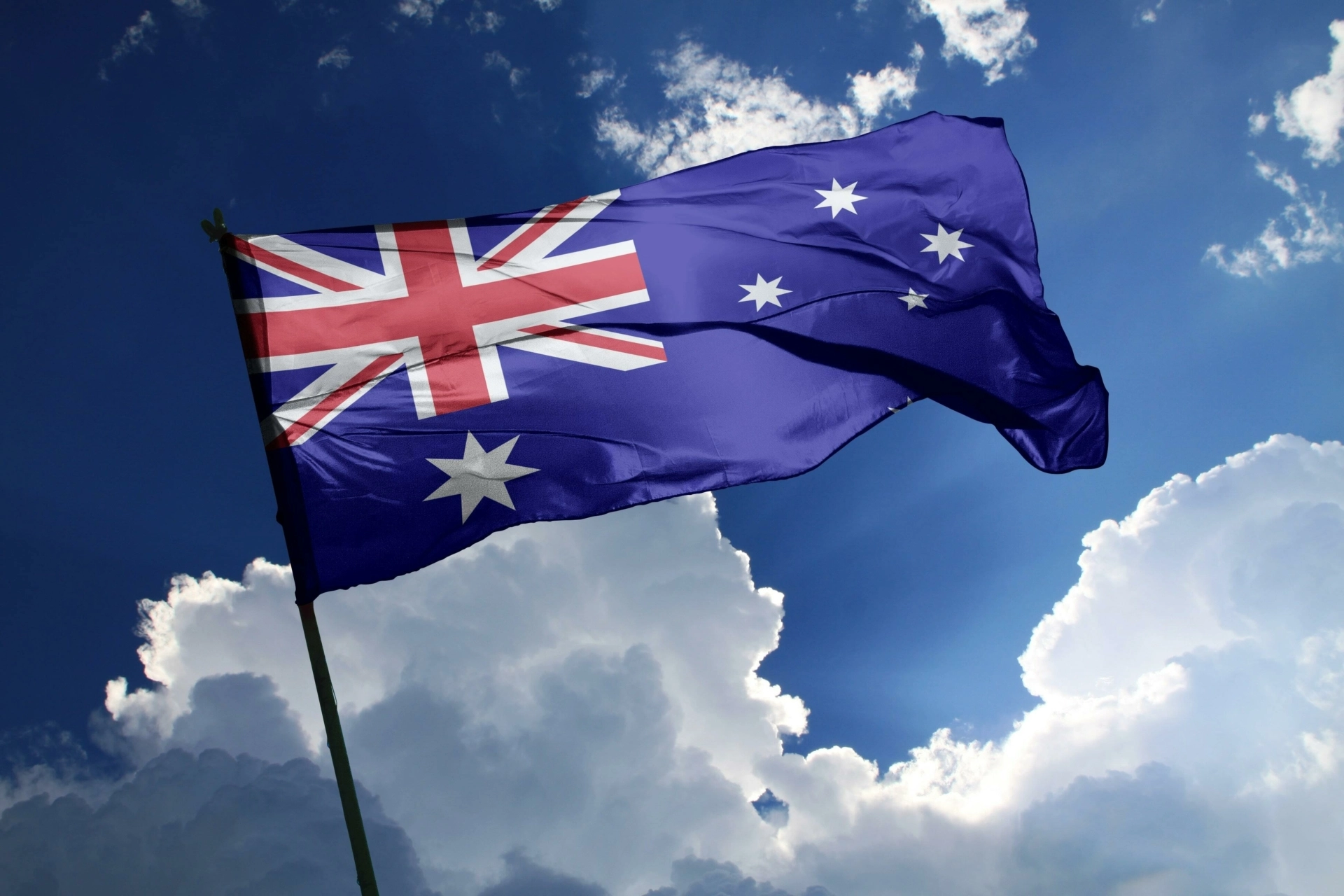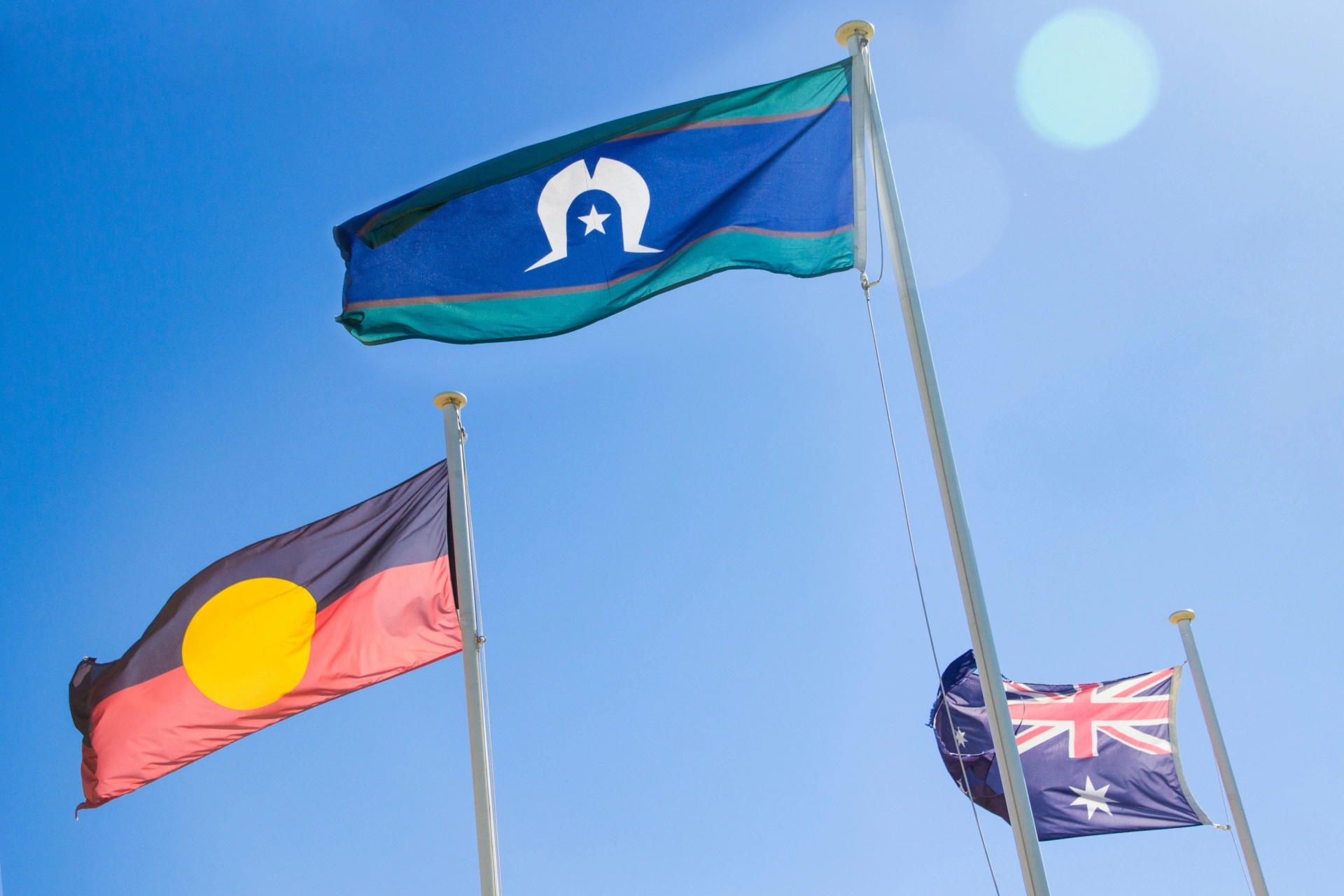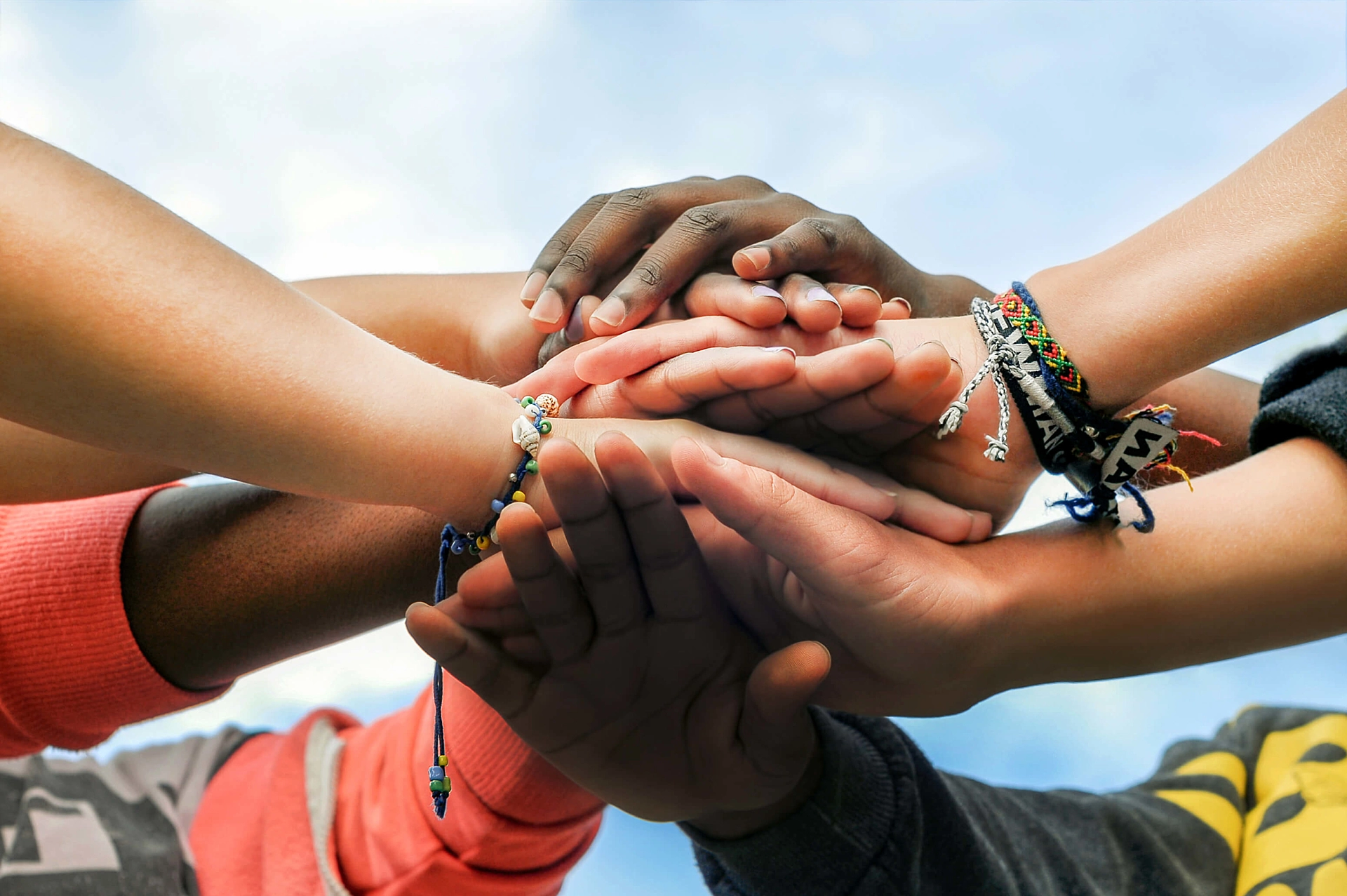An open letter from SAHMRI Reconciliation Coordinator Clyde Rigney
The discourse about Australia Day as a day of national pride produces many effects. It is empowering to some and disempowering to others. It creates a competition for dominance, authority and acceptance. It amplifies some while actively seeking to contradict ‘others’. It naturalises an acceptable way of thinking, acting and expressing yourself. It defines what language is appropriate, who can speak and who should be heard, and expectations around what ceremony should occur to commemorate what has been constructed.
As a result, it also defines what national pride must reject, must silence and must portray as a threat and the enemy to the constructed discourse.
National and racial discourse around Australia Day is also linked to other key social constructs that, as a result, became Australia’s social facts including Aboriginal land rights, human rights and political rights. The outworking of the declaration of ‘Terra Nullius – No Mans Land’, the Stolen Generation, the dismantling of the Aboriginal and Torres Strait Islander Commission and the rejection of the First Nations Voice to Parliament.
The rhetoric around these social facts has underpinned the energy and effort of generations of Aboriginal and Torres Strait Islander people leading to the creation of Survival Day/Invasion Day. How can we come together as a nation if these polarising moments in our national calendar continue to exist?
This recent SBS article title ‘What is the January 26 public holiday actually commemorating?’ provides context and perspective to what many Australian’s consider to be Australia Day’s permanence and inevitability.
In Australia we live with the indices of differentiation and inequality, with Aboriginal and Torres Strait Islander history being significantly and systematically ignored and the colonial settler history of this country taught and accepted as Australia’s true history and its hope for the future.
Governor-General William Deane made this distinction in 1996:
‘It should, I think be apparent to all well-meaning people that true Reconciliation between the Australian nation and its Indigenous peoples is not achievable in the absence of acknowledgement by the nation of the wrongfulness of the past dispossession, oppression and degradation of the Aboriginal peoples. That is not to say that individual Australians who had no part in what was done in the past should feel or acknowledge personal guilt. It is simply to assert our identity as a nation and that basic fact that national shame, as well as national pride, can and should exist in relation to past acts and omissions, at least when done or made in the name of the community or with the authority of government. Where there is no room for national pride or shame about the past, there can be no national soul.’
On January 26 many Aboriginal and Torres Strait Islander people ask, ‘What will be the soul of this country going forward?’. As citizens of this place what are we focussed on? Are we better or worse than other countries? Will we choose to focus on our commitments to be a nation that is non-discriminatory and anti-racist – in law, practice, belief and behaviour? With the outcome of the recent referendum, we have insight into the answers to these questions. However, each year, we must revisit such questions as we as a nation grow and evolve.
The hopeful, empathetic and equalised discourse is what we as Aboriginal and Torres Strait Islander people are interested in because we believe that if we are prepared to face our colonial, discriminatory and racist past and commit to becoming a nation that will walk together in ‘truth telling’, we can make these non-discriminatory and non-racist social constructs our social facts, for a better future for our nation.
References:
Hollinsworth, D. 2006, Race and Racism in Australia, 3rd edn, Thomson Social Science Press, South Melbourne
Wetherell, M. & Potter, J. 1992. Mapping the language of racism: discourse and the legitimation of exploitation. London, Harvester Wheatsheaf
Deane, W. 1996. Some Signposts from Daguragu. Darwin, Northern Territory University





